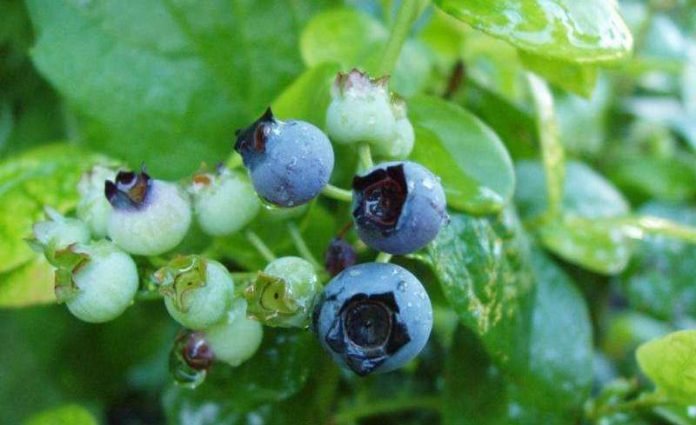
Scientists from the University of Maine found that wild blueberry extracts influence blood vessel formation.
The research is published in the Journal of Medicinal Food and was conducted by Dorothy Klimis-Zacas et al.
When the human body sustains an injury, cells spring into action.
New blood vessels emerge through a process called angiogenesis, and cells migrate in a coordinated campaign of healing.
The ability to control these mechanisms has the potential to advance therapies ranging from cancer to wound treatment.
Polyphenols, a type of bioactive compound that naturally occurs in certain plants, have emerged as candidates for enhancing or slowing these processes.
Lowbush blueberries like those grown in Down East Maine are among the richest known sources of polyphenols.
In the study, the team evaluated how two polyphenol fractions found in wild blueberries, anthocyanins, and phenolic acids, influence blood vessel tube formation, gene expression, and the synthesis of proteins—all of which are important factors in the tissue healing process.
The study found that different extracts and concentrations of these compounds could be applied to increase or decrease these activities.
The findings could help develop and commercialize a therapy to enhance wound healing and tissue regeneration in difficult-to-treat injuries like burns or for patients with poor circulation due to preexisting conditions, like diabetes.
The research team is also examining the potential of wild blueberry polyphenols to reduce inflammation, which is associated with widespread chronic diseases including obesity and heart disease.
Sign up for our newsletter for more information about this topic.
If you care about diabetes, please read studies about the real cause of type 2 diabetes, and how to reverse it, and this stuff in oranges may reduce obesity and prevent diabetes.
For more information about diabetes, please see recent studies about this daily food may help reduce your risk of diabetes, high blood pressure, and results showing this common nutrient may be key to better diabetes treatments.
Copyright © 2022 Knowridge Science Report. All rights reserved.


